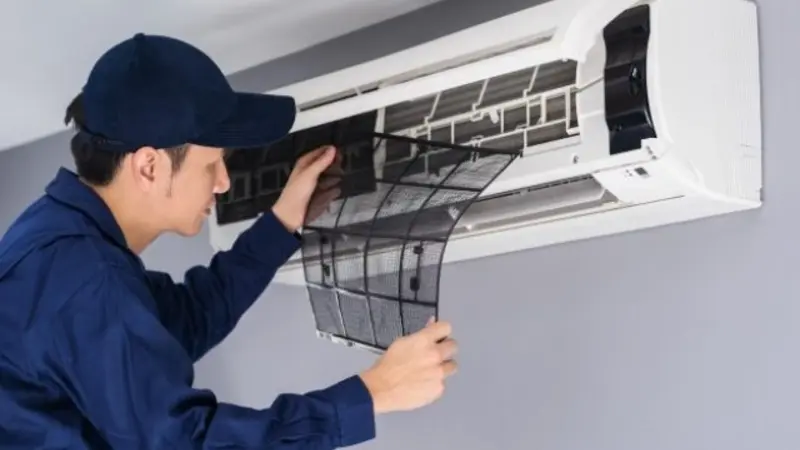When the summer heat becomes relentless, nothing is more comforting than a reliable, efficient air conditioning (AC) system. To keep your system running smoothly and avoid costly repairs or replacements, routine maintenance is vital. Whether you’re a homeowner looking to reduce utility costs or simply want to ensure comfort, these expert maintenance tips will help keep your AC in peak condition. If you reside in Louisiana and need immediate support, professional air conditioning service in Monroe, LA is available to help you beat the heat and keep your system functioning optimally.
From filter replacements to inspecting ductwork, a little preventative care goes a long way. Not only does regular maintenance prevent sudden breakdowns during heat waves, but it also extends the functional lifespan of your unit and promotes better indoor air quality. Let’s explore every actionable step to keep your AC system running efficiently throughout the entire season.
Regular Filter Replacement
AC filters trap dust, pollen, and other airborne particles, protecting both the system and your indoor air quality. When these filters become dirty or clogged, airflow is restricted, and your system has to work harder, consuming more energy and potentially leading to breakdowns. Inspect filters every month, especially if you have pets or allergies, and replace or clean them as needed. Most homes benefit from filter changes every 1-3 months during peak usage times. For specific filter recommendations and maintenance schedules, consult your AC manual or ask a qualified HVAC technician.
Cleaning Coils and Fins
Your AC’s evaporator and condenser coils are critical components that transfer heat efficiently to cool your home. As dust and debris accumulate on these coils, system efficiency plummets. Use a soft brush to gently remove surface dirt, and schedule an annual deep cleaning to maintain your carpet’s appearance. Similarly, check the aluminum fins on the coils—if they are bent, use a fin comb to straighten them so air can move freely. This simple maintenance extends the life of your unit and optimizes cooling performance. The U.S. Department of Energy offers additional guidelines for effective coil maintenance. Regular attention to these components can also help reduce your energy bills by ensuring your AC doesn’t work harder than necessary. Keeping the coils in good condition helps maintain consistent indoor comfort, especially during peak summer months. By preventing unnecessary wear and tear, you can avoid costly repairs and keep your system running smoothly for years.
Checking Thermostat Settings
An accurate thermostat is at the heart of maintaining home comfort and managing energy costs. Double-check that your thermostat is working properly and set at a sensible cooling temperature—usually between 75°F and 78°F for optimal energy savings. For added convenience and efficiency, upgrade to a programmable thermostat. These devices automatically adjust your home’s temperature during periods when you’re sleeping, at work, or on vacation, slashing your utility bills without sacrificing comfort. Modern smart thermostats even allow remote access via smartphone apps for maximum control.
Inspecting Ductwork
Well-maintained ductwork ensures that cooled air reaches every corner of your home. Over time, joints can loosen or leaks may develop, leading to wasted energy and uneven cooling. Make it a habit to visually inspect accessible ducts for signs of wear, separation, or visible gaps. Use mastic sealant or metal tape to fix minor leaks and improve system efficiency. Insulate ducts that pass through unheated areas, such as attics, basements, or crawl spaces, to prevent unwanted heat exchange. If you notice persistent issues with airflow, consider having a professional evaluate your ducts.
Clearing Drainage Holes
AC systems extract moisture from the air, which drains away through a small condensate line or drainage hole. If this pathway becomes blocked by dirt, algae, or debris, water may back up into your unit, causing mold growth, humidity spikes, or even water damage. Regularly inspect the drainage system and clear any clogs with a thin, flexible brush or a simple flush of distilled vinegar. For persistent clogs or drainage issues, it is recommended to hire a professional service.
Also read: Berkeley Hermes Roberts Life as Rick Ross’ Youngest Daughter
